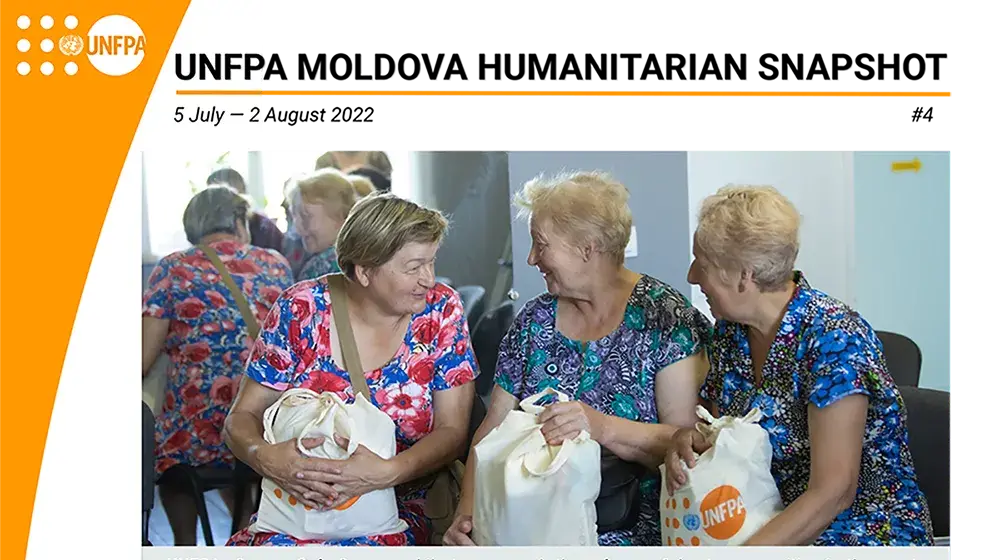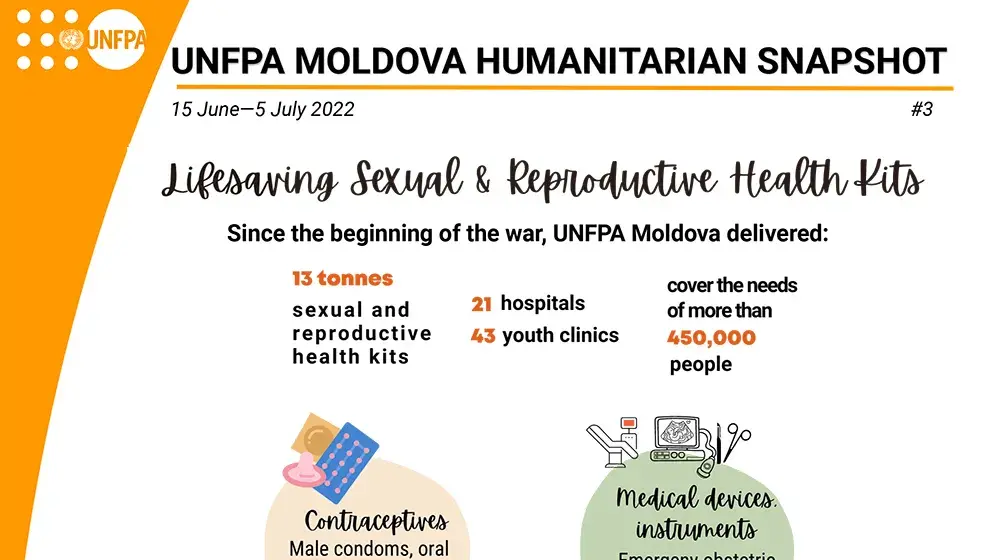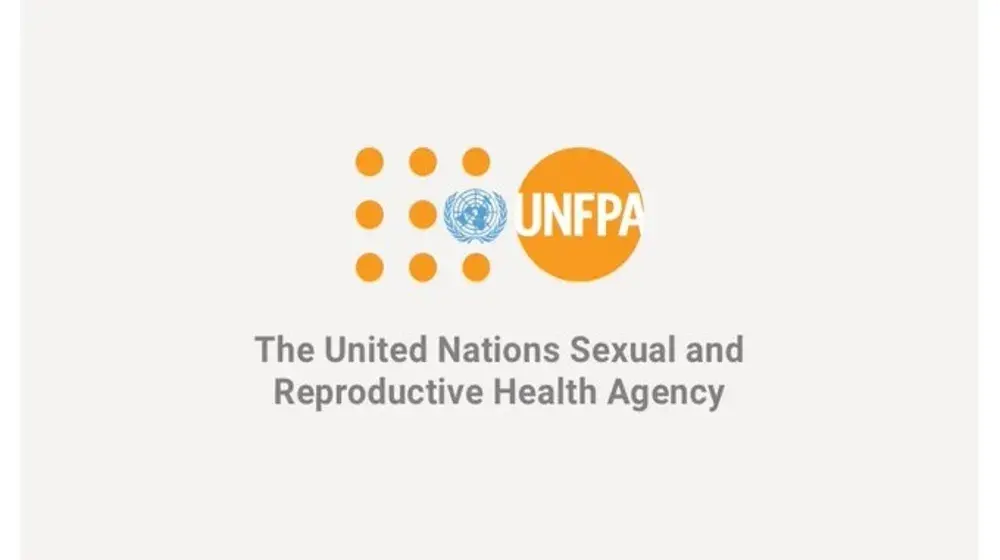March 18, 2019. Falestii Noi village from Falesti district is one of the 15 communities where community public talks about education for health among adolescents started this year. The 15 communities are from the districts Orhei, Rezina, Falesti, Cahul and Ungheni.
The purpose of the public talks involving parents, teachers, religious leaders, students and representatives of the local authorities is to raise the awareness of the school’s role in the prevention of health risks among adolescents and enhance the demand for the optional subject Education for Health.
In 2018, 22 communities from Orhei, Rezina, Falesti, Cahul and Chisinau were involved in similar activities and, as a result, the young people from these areas are now studying Education for Health in schools.
Ion Jitari, director of the secondary school from Falestii Noi, Falesti district attended by 320 children, said that “Education for Health” is an optional subject that all students need, because, in the absence of one or both parents, the school has a bigger role in educating the young generation. “We want to raise our children in the spirit of a healthy lifestyle”, Ion Jitari stated.
Elena Molodețchi is the grandmother of a teenager and is interested in the health of her grandson who has a disability. “I am responsible for my grandson as his parents are abroad and I give him all the care he needs. I believe that this optional subject we addressed today is necessary because neither the parents nor the grandparents have sufficient knowledge to properly discuss the topics related to health, in particular, with adolescents”.
“Education for Health” is taught to students upon request. In the academic year 2018-2019, over 19, 000 adolescents applied for this subject, which constitutes only 10% of the total number of adolescents who need this information.
Nicoleta is a student in the 7th grade, is already 13 and considers that it is very important for a teenager to have a healthy lifestyle. “Adolescence is not only when you feel mature, but also when you have to be careful what you do and what principles you follow in your life. I will certainly apply for “Education for Health”.
Rafael is 15 and is the graduate of the 9th grade of the Falestii Noi secondary school. Rafael is convinced that the adolescents' health must be discussed in school by trained teachers, because it cannot be addressed at home with parents who have been raised in a different way. “I am lucky to be able to chat with my mom on sensitive topics, but I know boys who can't discuss what we discuss at home”.
There are over 330, 000 adolescents aged 10-19 in the Republic of Moldova, which represents 12% of the country's population.




